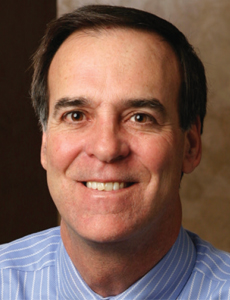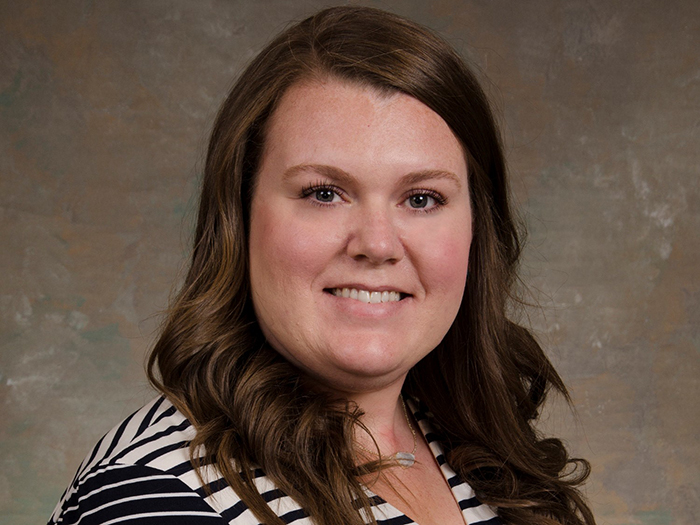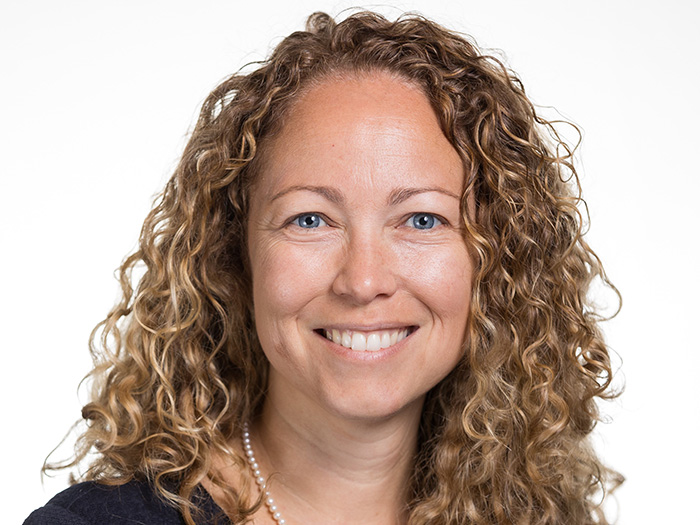M&A Activity
No Sale

Small and medium-sized independent brokers face an ever-increasing battle to maintain their independence, according to industry experts.
A growing number of independent brokers are being swallowed up by big publicly traded firms and private equity (PE), with nearly 60 deals completed in the first two months of this year alone.
The recent upsurge is being fueled by hungry capital-rich investors keen to tap into a lucrative market and by the need for larger brokers to increase scale through mergers and acquisitions.
According to one market insider, it has reached the point where today it is tougher than ever for firms to stay independent.
Phil Trem, senior vice president at consultancy firm MarshBerry, said that is because many companies don’t have a natural successor in place to continue the business.
“Roughly 75 percent of agencies that want to perpetuate will be unable to because they haven’t properly reinvested in the next generation to create a market for their stock.” — Phil Trem, senior vice president, MarshBerry
“Most firms want to retain their independence but the practicality of that is limited,” he said.
“Roughly 75 percent of agencies that want to perpetuate will be unable to because they haven’t properly reinvested in the next generation to create a market for their stock.”
He added that most independent brokers or agency owners are worried that if they sell or merge their company, they will lose control of its ability to grow.
“It may seem trivial but most of the owners have not had a boss in many years — the thought of working for someone is hard to contemplate,” he said.
For those that do decide to take the plunge, he said, the two biggest influencing factors to consider are the effect on the company’s corporate culture and access to resources once the deal is completed.
“After all, sellers only want to make sure they can gain a competitive advantage in the marketplace to help themselves and their staff be more successful,” he said.
However, in the face of increasing consolidation, some independent brokers have stood firm and managed to maintain their independence — and many of them believe they are better for it.
With an estimated 429,101 insurance brokers and agencies in the United States, according to the latest research by IBISWorld, it’s no surprise that some firms are natural takeover targets.
Last year, 321 deals were announced, up 43 percent from the previous year, and only four off the record high of 325 in 2012, according to MarshBerry.
That trend is only set to continue through 2015, driven by new demand and the formation of the National Association of Registered Agents and Brokers (NARAB), enabling agencies to compete on a national basis.
Added to that, increasing financial and regulatory burdens are forcing many businesses to sell up or merge just to survive.
Direct Accountability
While the prospect of partnering with a larger firm can seem attractive at first, offering access to wider markets and the ability to go after bigger and more complex accounts, it can also result in layoffs and office closures, as well as having to tear up entire technology platforms.
So it’s easy to see why some brokers are reluctant to become part of a bigger company and why they are so keen to maintain their independence.
David Lockton, chairman of Lockton Cos., the world’s largest privately held independent insurance broker, said that the key advantage to being independent is the ability to report in to one person and not to be held to account by a group of shareholders, or PE or hedge fund.
“At the end of the day, I want my team of lawyers, accountants and business and risk management consultants reporting in to me, not a group of public shareholders,” he said.
“Being independent means that they can do that and that they aren’t encumbered by other stipulations such as profit centers and quarterly margin requirements.”
John Lumelleau, president and CEO of Lockton, said that being independent also enables brokers to focus solely on their clients’ needs rather than worrying about other distractions.
“Many organizations that were maybe once independent and have become part of a larger company or bought by private equity have had their whole structure and dynamic changed as a result,” Lumelleau said.
“Remaining independent, however, enables you to maintain your connectivity with your clients, which disappears to some extent when you are working for or are owned by somebody else.”
Lockton has been regularly voted in the trade press as the best insurance brokerage to work for, and David Lockton believes that is due to the firm’s culture of empowerment, which wouldn’t be possible if it was part of another company.
“We’re not about financial engineering,” said Lockton. “Our scorecard is not about top line revenue or margins. It’s about winning and keeping customers, which is something that has served us very well from a financial standpoint too.”
Lockton added that the company’s strategy is focused on organic growth through the acquisition of new clients and it would only take over another firm if it shared the same values and type of culture, sticking true to its independent philosophy.
David Walker, president of Hartland Insurance Agency and chairman of the Insurance Agents & Brokers of America (IIABA), said that the main benefit of being independent is the flexibility and capability it allows.
“It provides you with the flexibility to represent multiple carriers in multiple markets and the ability to access all of them on behalf of your customer and to determine where that business gets placed,” he said.
Walker, however, believes that it’s a different story for those independent brokers and agencies with revenues of between $1 million and $2 million who face the critical decision of whether to sell up or grow their business, due largely to economies of scale.
“There’s going to be pressure put on them by insurance carriers and by the marketplace, forcing them to decide whether to expand their business or sell up,” he said.
Preserving Culture
John Hahn, co-founder and CEO of California-based EPIC Insurance Brokers & Consultants, said that independence has enabled his company to build a platform and culture that allows its employees to prosper.
“I firmly believe that individuality is the trait that allows a professional to excel, and corporate culture is what guides behavior and binds the two together,” he said.
Hahn added that being independent also ensures that clients’ interests and company practices remain uncompromised.
“I firmly believe that individuality is the trait that allows a professional to excel, and corporate culture is what guides behavior and binds the two together.” — John Hahn, co-founder and CEO, EPIC Insurance Brokers & Consultants
Barnaby Rugge-Price, director, RK Harrison property and casualty — whose company, in March of this year, announced a merger with Hyperion Insurance Group to form the world’s largest employee-owned, independent insurance and reinsurance broker — said that independent brokers have the added advantage of attracting the best talent in the market.
As a result of that talent taking ownership of the business, he said, clients naturally expect a higher level of service from their broker.
“For us, independence means two things,” he said. “Financial independence leaves us free of outside control and allows us to make long-term decisions that are right for our business and for our clients.
“It also means that we are independent of any broking presence in the U.S. This allows our partners to have confidence that our interests are aligned with theirs — the best deal for their clients.”
Added Rugge-Price, “The Hyperion/RKH merger demonstrates that independents can continue to thrive but the bar is being raised all the time and in the face of a prolonged soft market, an ever-increasing burden of regulation and a consolidating client base, the next few years will be a test for everyone involved.”
David Howden, CEO of UK-based Hyperion Insurance Group, added that central to the new company’s success would be its ability to maintain its corporate culture.
“If there’s one thing I fight hardest to retain as our business develops, it’s the entrepreneurial dynamic and enterprising culture of our business,” he said. “Therefore, we are focused on the needs of our clients, not on internal politics.”
While M&A may be on the increase, with more firms changing hands, for many of those in the independent brokering market, the benefits of staying independent far outweigh becoming part of a larger company.









